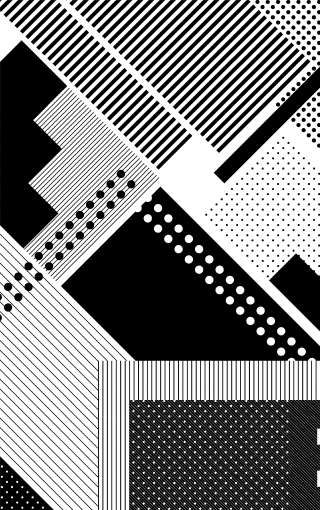Approximately 3000 Australians travel to the Kingdom of Saudi Arabia each year for the annual Islamic pilgrimage (Hajj).The Kingdom is experiencing an ongoing outbreak of Middle East respiratory syndrome (MERS), associated with infections in healthcare facilities and exposure to camels and camel products.
MERS is a viral respiratory illness caused by MERS coronavirus and has a high fatality rate (approximately 35%). People with existing health conditions that make them more vulnerable to respiratory disease (e.g. the elderly, the immunocompromised or those with comorbidities) are at a higher risk of becoming very unwell or dying due to MERS. Travellers are advised to consult their doctor before travelling to discuss the risks and decide whether travelling to the Middle East is appropriate at this time. There is no vaccination against MERS. However, travellers should ensure they are up to date with all recommended vaccinations, including measles and influenza. The Saudi Arabian Ministry of Health also has specific vaccination requirements for Hajj pilgrims, which can be found on the World Health Organization website.
Avoidance of infection should be discussed with all travellers. Travellers can protect themselves from MERS in the following ways:
- avoid close contact with sick people and sick animals
- wash hands regularly and take particular care when visiting places where animals are present
- avoid consuming raw or undercooked camel products, such as meat, urine and milk, and
- people with existing health problems should also avoid all contact with camels.
A MERS information card has been produced to assist travellers before and after travel. The card can be downloaded from the Department of Health website. Hard copies are available in multiple languages and can be obtained by emailing humanbiosecurity@health.gov.au. The Department of Health also maintains MERS information for health professionals on its website.
Health professionals should remain vigilant for returned travellers with possible MERS in the months following the Hajj and ensure suspected cases are managed appropriately. All suspected, probable and confirmed cases should be reported to the state or territory public health unit. MERS is a nationally notifiable disease.
Disclaimer: This article was provided by Australian Government Department of Health. While every effort has been made to ensure the information is accurate, North Western Melbourne Primary Health Network does not warrant or represent the accuracy, currency and completeness of any information or material included within.




